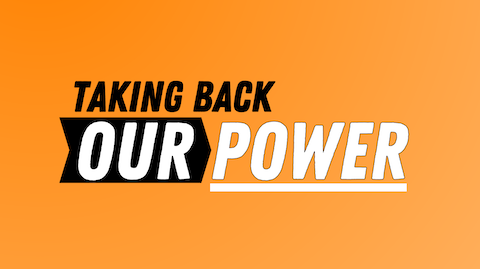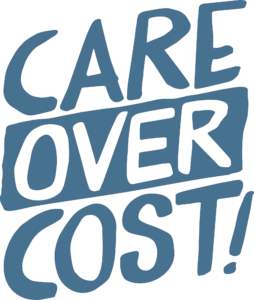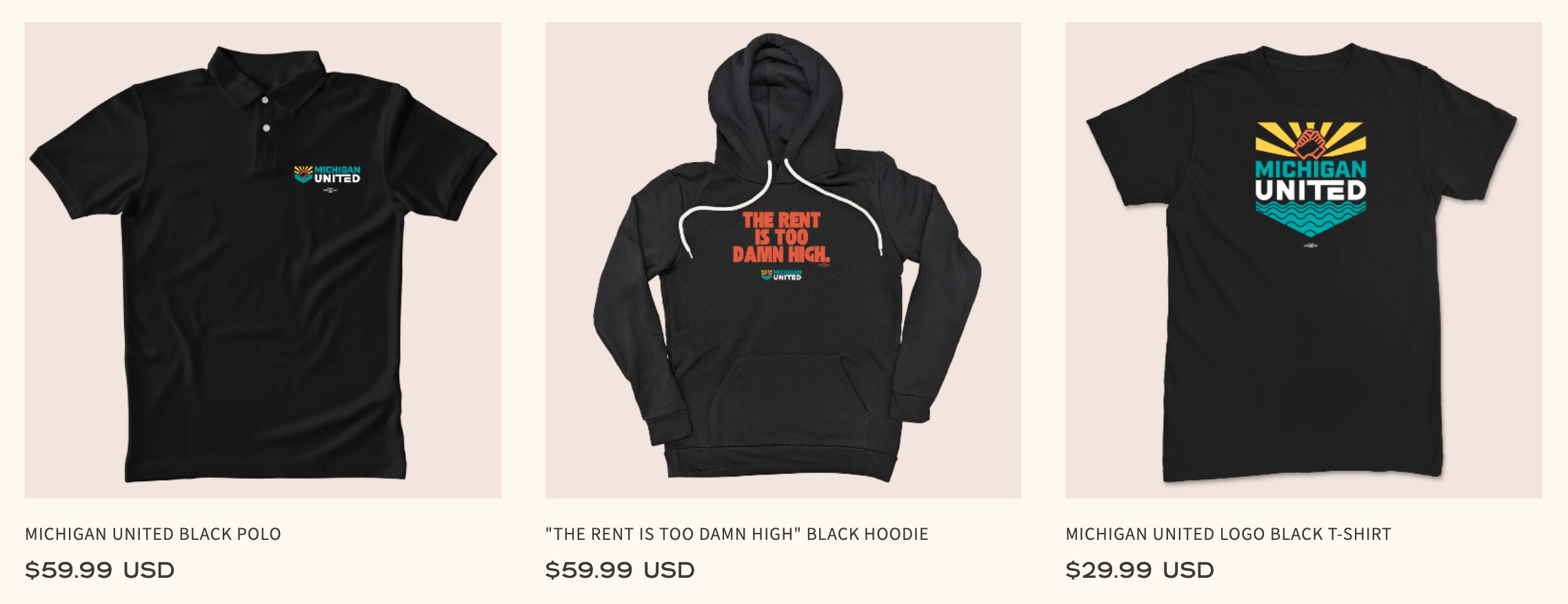News & Media
October 1, 2024
We’ve all heard the phrase “every vote counts,” but have you ever stopped to think about what makes that possible? It takes entire networks of people and systems working behind the scenes to protect your right to vote. In fact, election protection is one of the most important aspects of maintaining a democracy. However, it can’t be done if people aren’t civically engaged.
Over the past several decades, there has been a dangerous decline in Americans’ understanding of and participation in key civic activities. This, along with other factors, has weakened our perception of ourselves as part of a larger social whole, our sense of duty to our fellow citizens, and our willingness to work together to solve social problems.
What Is Civic Engagement?
Civic engagement refers to active participation in the governmental, social, and community activities that shape society. At its core, civic engagement isn’t about divisive politics; in fact, many civic activities are nonpartisan, or aren’t related to politics at all. They work to improve the collective well-being of communities through social interactions and public service. Engaging civically simply means participating in larger efforts to make a positive difference in society.
This can be done in a variety of ways. Anyone can use their time, expertise, skill sets, or assets to do their part for the greater good.
Just a few examples of civic engagement include:
- Voting and encouraging voter turnout
- Volunteering (in any capacity, with any nonprofit organization that offers public services)
- Advocating for solutions to social problems
- Serving on local boards or committees that can impact decision-making and community outcomes
- Supporting nonprofit and government organizations that serve worthy causes
Why Is Civic Engagement Important?
Civic engagement plays a vital role in sustaining a healthy democracy and addressing shared needs. In a thousand different ways, it can:
- Empower people to influence decisions that impact their lives and the lives of community members
- Promote inclusivity so that all voices are represented and heard
- Reduce or eliminate forms of inequality and injustice
- Help communities address local, state, and national problems
By becoming civically engaged, citizens take ownership of the democratic process, which ultimately means exercising the right to communicate, advocate, and work together to improve society in various ways. This strengthens communities and fosters greater trust between government institutions and the people they serve. Civic engagement also ensures that the government and politicians are accountable for serving the needs and desires of citizens.
How to Make a Difference in Your Community With Election Protection
Of all the ways people can engage civically, election protection is one of the most critical, as it safeguards the most important democratic process of all: voting.
What Is Election Protection?
Election protection refers to the nonpartisan efforts and mechanisms put in place to ensure the fairness, transparency, and security of elections. These efforts ensure that eligible voters can cast their ballots freely and easily — without intimidation, suppression, or undue logistical difficulty — and that their votes are counted accurately and impartially.
At the federal and state levels, various organizations work to monitor polling places, assist voters with questions, and ensure that all election laws are followed. Election protection can also involve launching public education campaigns to help people understand their voting rights, as well as challenging and reversing voter suppression efforts.
Voter suppression occurs when corrupt politicians or political parties attempt to make it difficult for non-supporters to cast their ballots.
For example, some Republican politicians oppose regular voting by mail because it’s convenient and accessible, and makes it easier for socioeconomically disadvantaged Democrat-leaning voters (who often face logistical barriers to in-person voting) to cast their ballots. It also allows people to take their time and consult voter information materials right alongside their ballots in the privacy and comfort of their own homes, which encourages more informed and thoughtful voting.
To convince Americans they should reject mail-in voting, these politicians use misinformation to argue that the process is vulnerable to voter fraud, despite the fact that eight states already have a successful history of holding secure all-mail ballot elections — some, like Oregon and Washington, since the 1980s — and many others have specific allowances for voting by mail.
It’s vital to be aware of voter suppression tactics of all kinds at every level, because they are a major threat to democracy.
How You Can Help Protect Elections
There are many ways you can help protect elections and ensure the integrity of the democratic process:
- Educate yourself and others about voting rights at the city, state, and federal levels
- Volunteer as a poll worker (ensuring polling places run smoothly and helping voters navigate the process)
- Become a poll watcher or monitor (observe the voting process at in-person voting centers to ensure processes are conducted fairly)
- Join nonpartisan voter protection organizations like Michigan United as a member or volunteer
- Become a local election organizer (building social relationships and networks designed to inform and empower voters)
- Donate to a nonprofit organization that works to protect voter rights and ensure free and fair elections
Election protection is a collective civic responsibility that requires everyone’s participation. By getting involved, you can help maintain the integrity of the electoral process and ensure that every citizen’s voice is heard.
Protect Free and Fair Elections With Michigan United
Michigan United is a broad, statewide coalition working to protect free and fair elections, reform our broken healthcare and immigration systems, care for our environment, end mass incarceration, and make essential services accessible to all.
We're on a mission to safeguard the integrity of every election, ensuring that the democratic process remains fair, accessible, and representative of all voices. In the face of evolving challenges such as voter suppression tactics and attempts to disenfranchise marginalized communities, we stand firm in our commitment to protect the fundamental right to vote. Through proactive advocacy, grassroots organizing, and strategic partnerships, we work tirelessly to dismantle barriers to voting and advocate for equitable election laws.
Join us in our quest to empower voters, defend democracy, and create a more just and inclusive society for all. You can do this in whichever way works best for you. Consider joining us as a Michigan United member, volunteering with us, becoming a relational organizer in the 2024 election, or donating today.
Together, we can ensure that the promise of democracy is upheld and that every vote truly counts.
Help us protect elections
Join Project 3.5
We want to organize 3.5% of Michigan, tear down the barriers of inequality and replace what remains with dignity and opportunity.
Get custom Michigan United gear here
Wear the Struggle
Ready to wear, perfect for the Revolution.
Each sale pays Michigan United $10. Order now, add a couple to your rotation and show your commitment.
Clothing products are made from cotton or a cotton/poly blend, each is perfect for showing your support anywhere. Descriptions come with sizing charts to help ensure a good fit.
Most orders ship in about 1 week, then take 2-5 business days in transit before arriving at their destination.
Ready to Do Something Now?
Join one of our projects!

Join "Taking Back our Power" and take a stand against money in Michigan politics
We are a coalition of working families in Michigan fighting to pass comprehensive state legislation to prevent regulated monopoly corporations and companies seeking government contracts from making political contributions. We can no longer let them buy their way out of accountability and drown out the voice of the people!
Join "Care Over Cost" and help us get people the healthcare coverage promised by their insurers
In Michigan and all across the country, our members are fighting individual care denials and are WINNING people the care they need--and paid fo! Together, we are working to transform our health care system to put Care Over Cost and people over profit.


Become a Relational Organizing Leader
Relational organizing is defined as “preparing & supporting people to bring the power within their existing relationships to affect change.” In actuality it is turning a contact into a conversation and then into a person empowered to create change where they live.
Recent News & Media
- All


